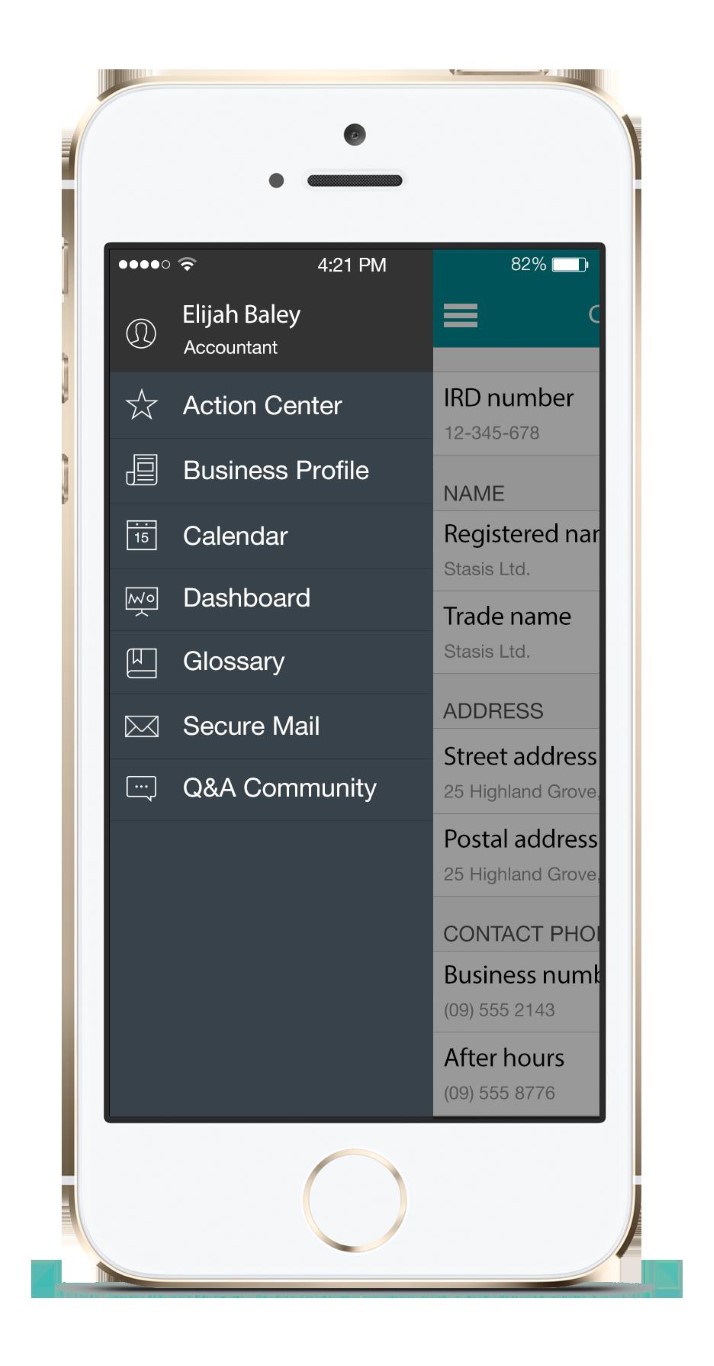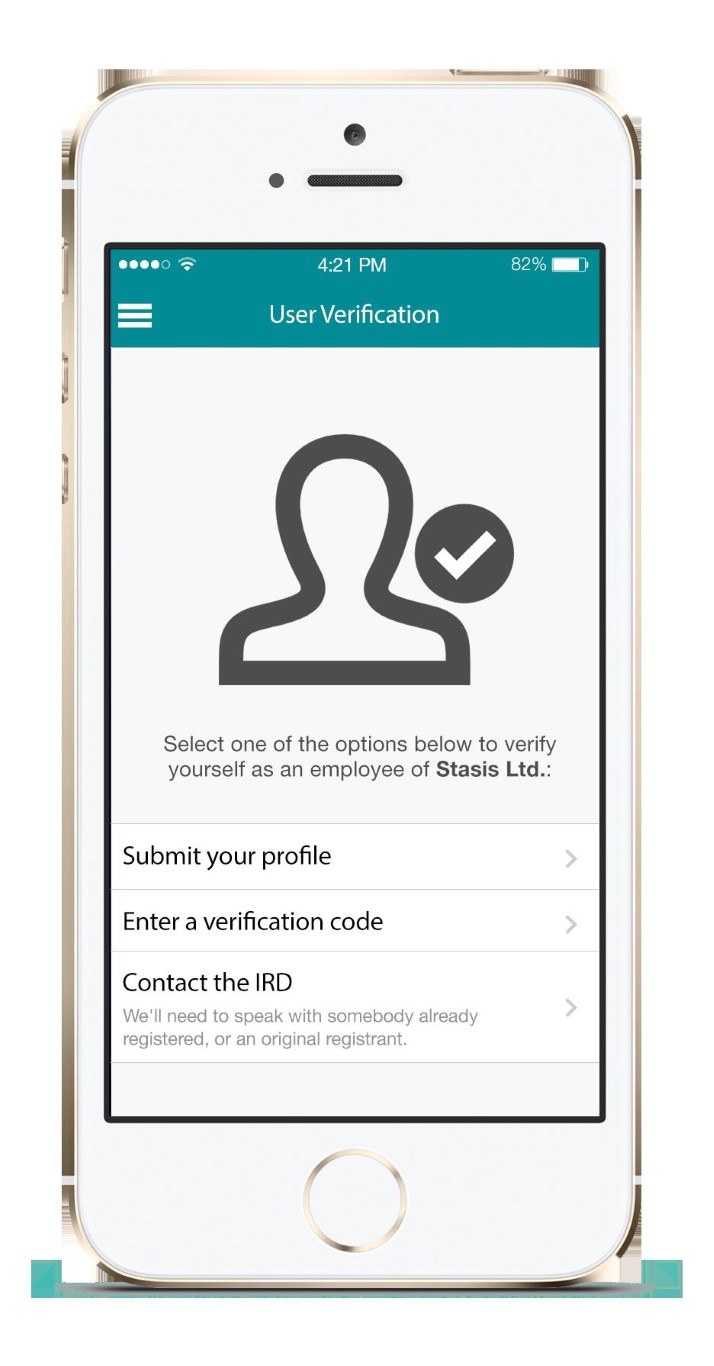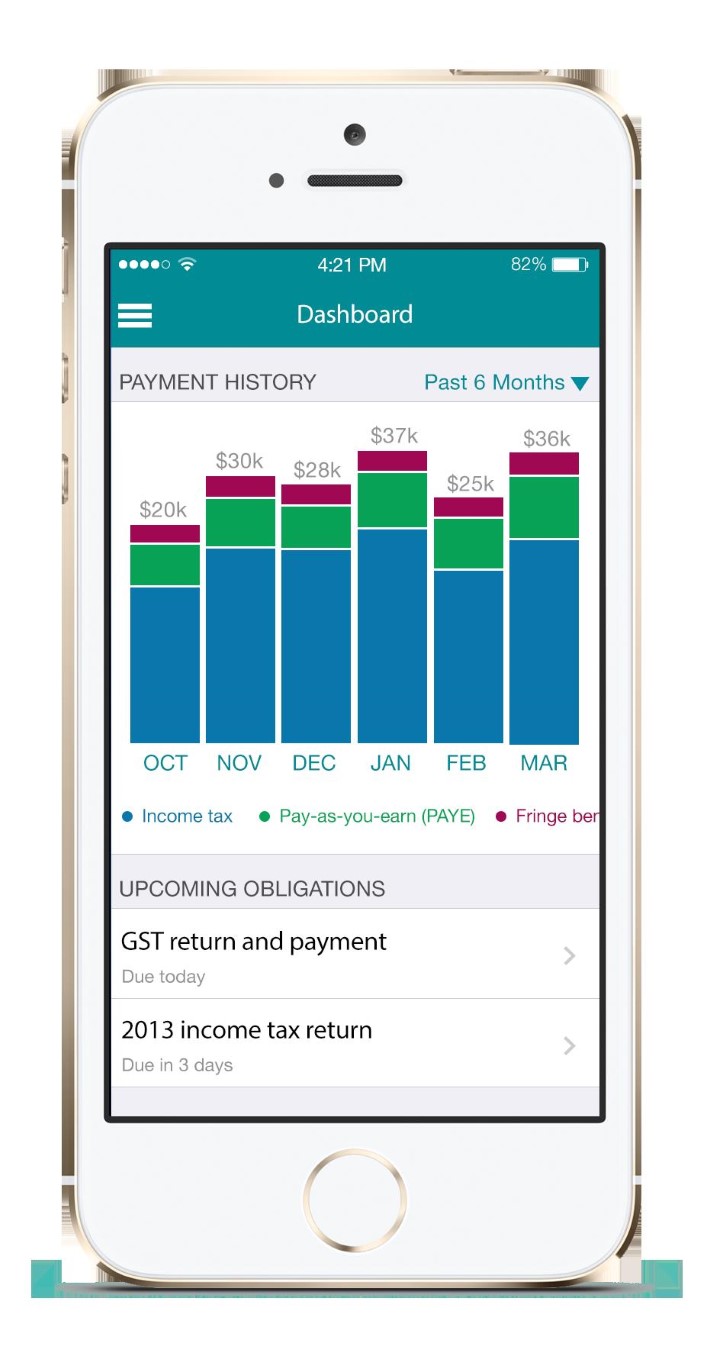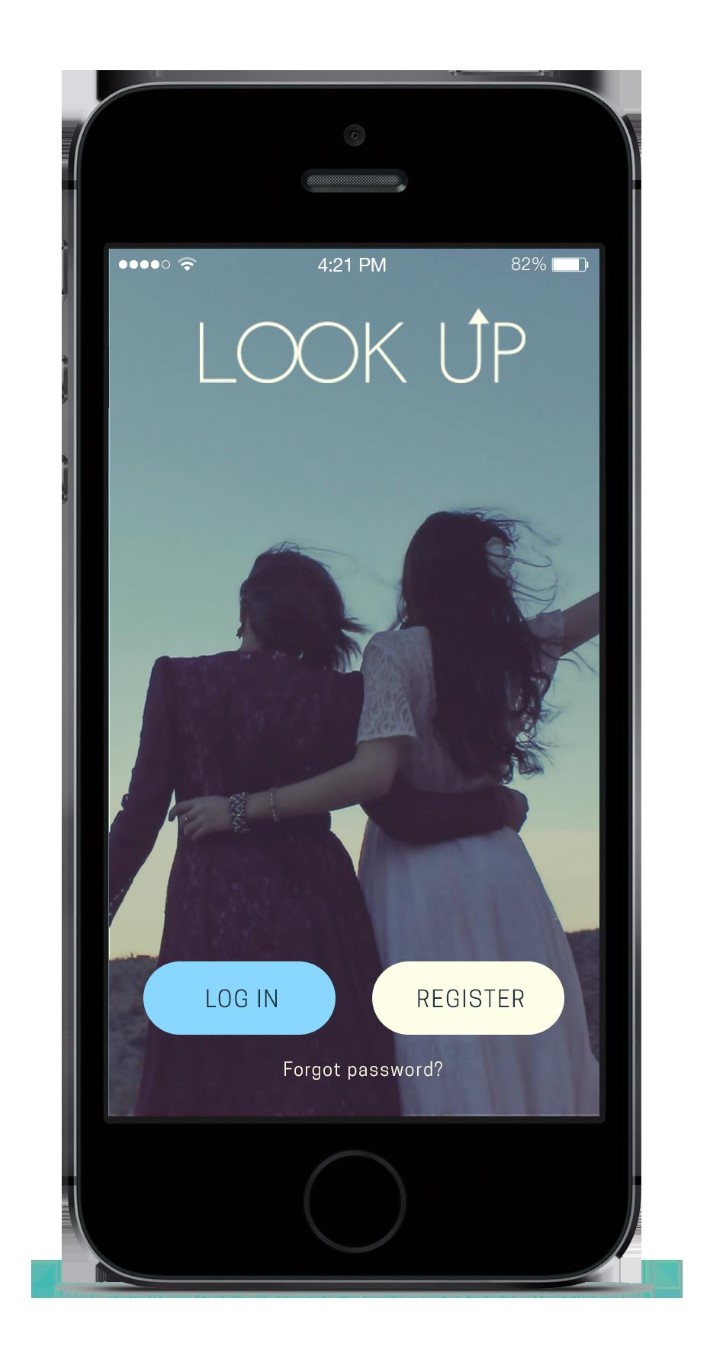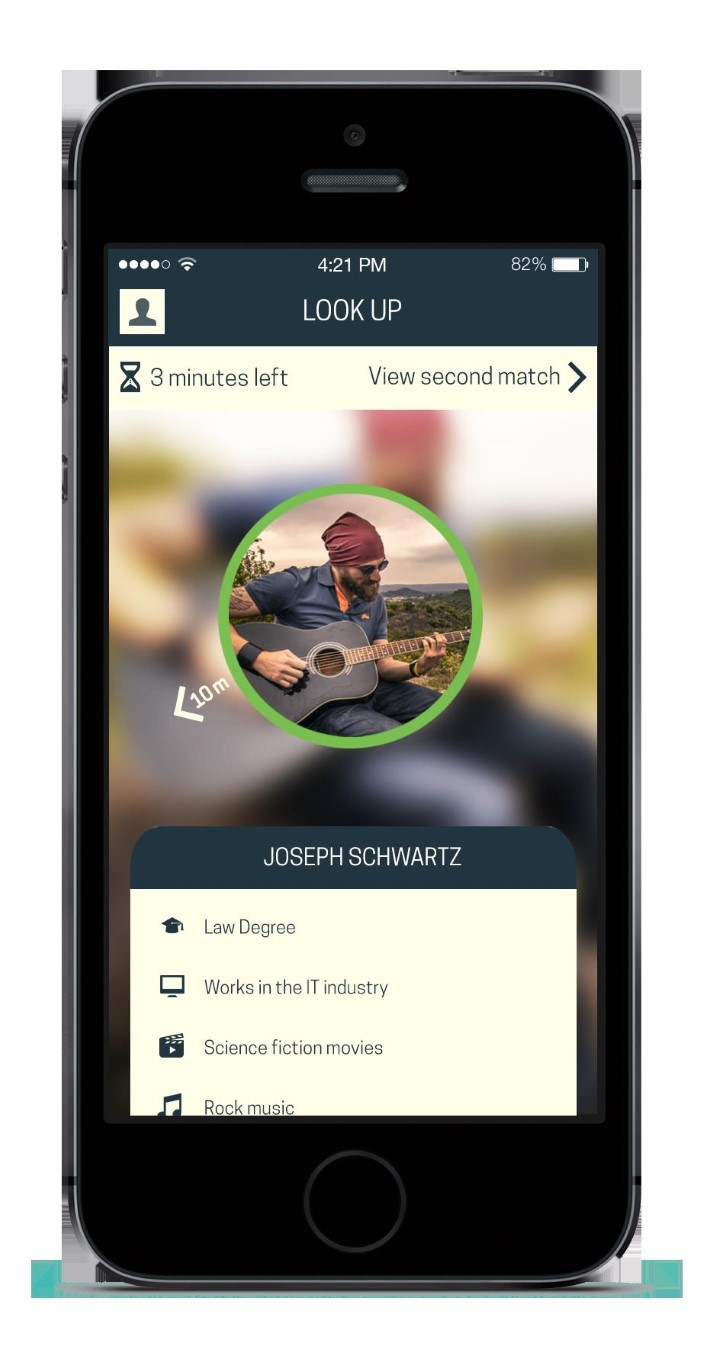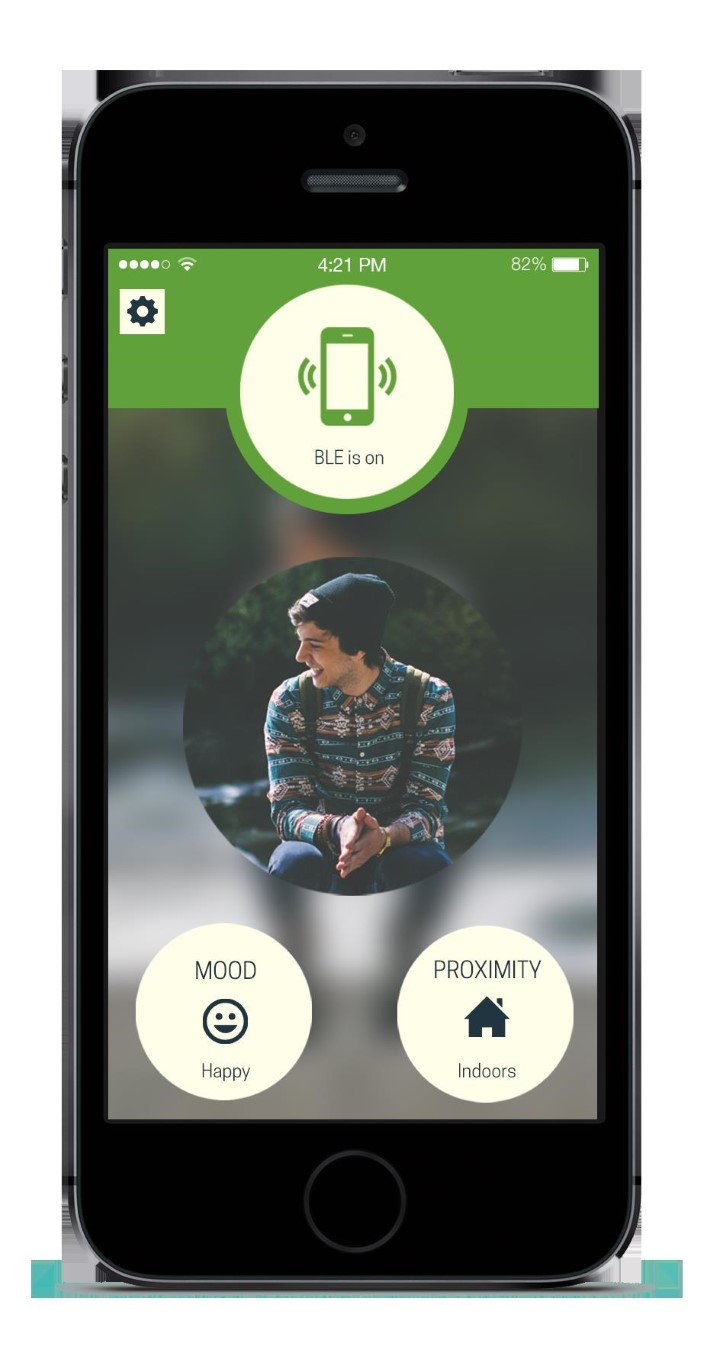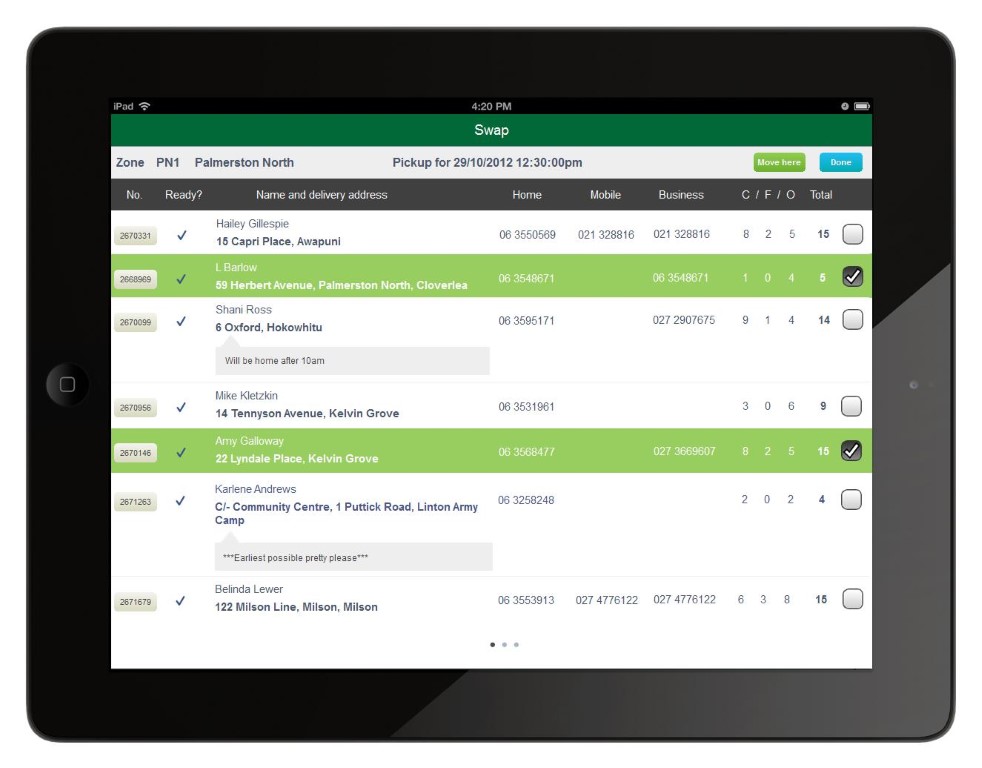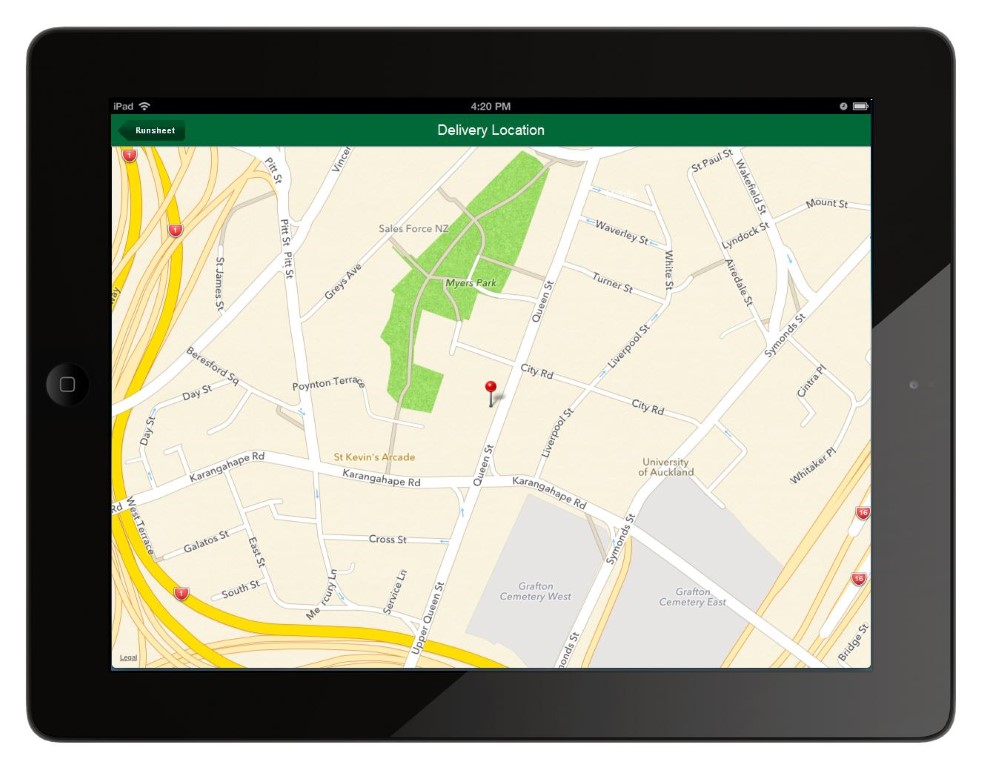Thinking about stepping into the app arena? Let's pump the brakes for a moment. Building an app can either elevate your business to new heights or just turn out to be an expensive lesson learned. So how do you figure out which camp you fall into? That's where this guide comes in.
We're here to give you the full scoop on the good, the bad, and the techy about building your own mobile app. From solving complex problems like a pro to capturing hearts (and wallets) globally, we'll explore why developing an app might be your next wise business move. Ready to dig in? Let's get to it.
Solve a Specific Problem: An app can offer a tailored solution to a unique problem, filling a gap in the market. For example, if you're aiming to simplify complex business processes, an app could be a robust solution that offers distinct advantages over existing software.
Enhanced Customer Engagement: Mobile apps offer an opportunity for increased customer interaction. Features like push notifications, real-time updates, and in-app messaging can keep customers engaged and increase their loyalty.
Offline Access: Unlike web applications and websites, native apps can offer functions even when the user isn't connected to the internet. This is particularly useful for apps that serve as utilities or tools where constant internet connectivity can't be guaranteed.
Direct Marketing Channel: An app can serve as a powerful marketing tool. It can facilitate direct communications between you and your customers, allow for personalised offers, and deliver targeted promotions and updates right to users' devices.
Competitive Advantage: Having an app can differentiate you from competitors, especially in industries where app usage is not yet mainstream. This can be an instrumental factor in establishing yourself as a market leader.
Revenue Generation: Mobile apps offer various routes for revenue generation. Whether it's through in-app advertisements, subscription fees, or in-app purchases, an effective monetisation strategy can significantly contribute to your bottom line.
Brand Recognition and Loyalty: An app can serve as an additional channel for your brand, creating a comprehensive and interactive brand experience. Features like loyalty rewards within the app can also contribute to increased customer retention.
Global Reach: Apps can be made available to a global audience, providing an avenue for international expansion. This is a potent factor if you’re planning to take your product or service to multiple markets.
Data Collection and User Insights: Mobile apps make it easier to collect valuable customer data and insights. This information can then be analysed to make data-driven decisions, helping to refine business strategies and customer experiences.
Streamlined Operations: An app can help streamline business operations, particularly when it comes to gathering and managing information. For instance, an internal app could help a sales team access real-time inventory data, or a logistics app could optimise route planning.
Customer Personalisation: Apps can offer personalised experiences based on user data and preferences, thus enhancing customer satisfaction. For example, an e-commerce app can show personalised product recommendations based on browsing history.
Community Building: An app can offer a platform for your customers to interact with each other, share tips, and provide feedback, creating a sense of community and brand loyalty.
Accessibility and Convenience: For services that require frequent or quick access, an app can provide a far more accessible and convenient user experience compared to a mobile website.
Real-time Updates and Features: An app allows you to roll out new features and updates in real-time, which can be especially beneficial for iterating quickly based on user feedback or market demands.
Enhanced User Experience: With the ability to take advantage of mobile device features like GPS, camera, or push notifications, an app can offer a more immersive and useful experience compared to a web-based solution.
Platform-Specific Advantages: Some functions are best executed, or can only be executed, through native or platform-specific development. This allows the app to take full advantage of the capabilities of the mobile operating system.
Having been in this businesses for going on 15 years, and having advised hundreds of clients, I can clearly say there are some bad reasons individuals and organisations might have to build an app, too. The difference between a ‘good’ reason and a ‘bad’ one is in the motivation behind it. The general rule of thumb is if the motivation for creating an app is productive to your mission, your business or your long-term goals, then you’ve got a good reason. However, if there is no long-term strategy, no business process or a lack of real integration with your business, you may be wasting your time. Up next: read on for 11 Bad Reasons to Build an App.
















